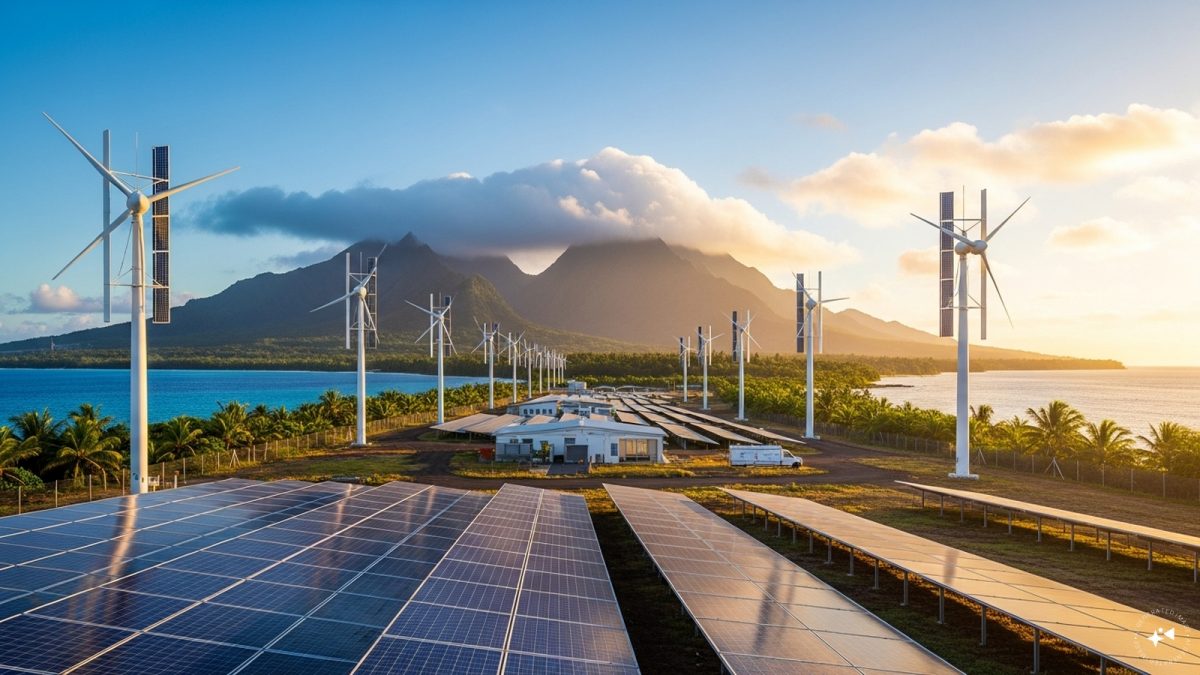Across the Pacific islands, a quiet revolution in clean energy is underway. From electric outboard motors in the Solomon Islands to solar lighting in Papua New Guinea’s remote highlands, renewable power is no longer a distant idea but a growing reality. These initiatives collectively mark a larger ambition: to become the first region in the world entirely powered by renewable energy and storage, reducing reliance on costly fossil fuel imports and fighting the severe impacts of climate change.
Saving billions by cutting fossil fuel imports
Pacific nations spend an enormous portion of their economies on importing diesel and petrol to fuel generators and vehicles. Solar panels and battery storage have become far more affordable, reducing power generation costs significantly compared to fossil fuels. Replacing diesel with solar energy could save the region hundreds of millions annually while cutting carbon emissions. The main hurdles remain financing and upgrading grid infrastructure, although outer islands can progress closer to their goals by adopting smaller-scale solar solutions and electric transport, areas where governments have begun offering incentives.
Renewable transition key to survival
Though Pacific islands contribute minimally to global emissions, they face an existential threat from climate change. Ambitious targets have been set, including Fiji’s goal to reach 100 per cent renewable energy by 2035 and Tuvalu’s by 2030. Pacific leaders recently agreed to create a new body to coordinate this shift. Success in the Pacific could serve as a model for other regions, though their fate depends on global cooperation to triple renewable capacity worldwide, a commitment made at recent climate summits.
Looking ahead to COP31
The upcoming COP31 talks, potentially hosted by Pacific nations and Australia, present an opportunity to attract international investment and accelerate clean energy projects. Pacific leaders are pushing for tangible progress that ensures both climate resilience and sustainable economic growth. This energy future is crucial not just for the islands’ survival but for global climate goals.
)